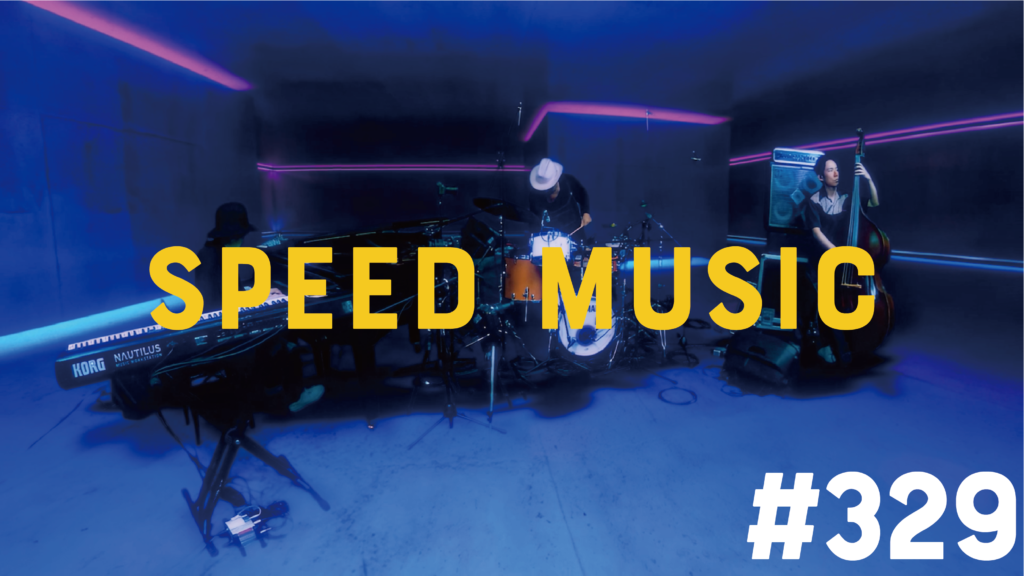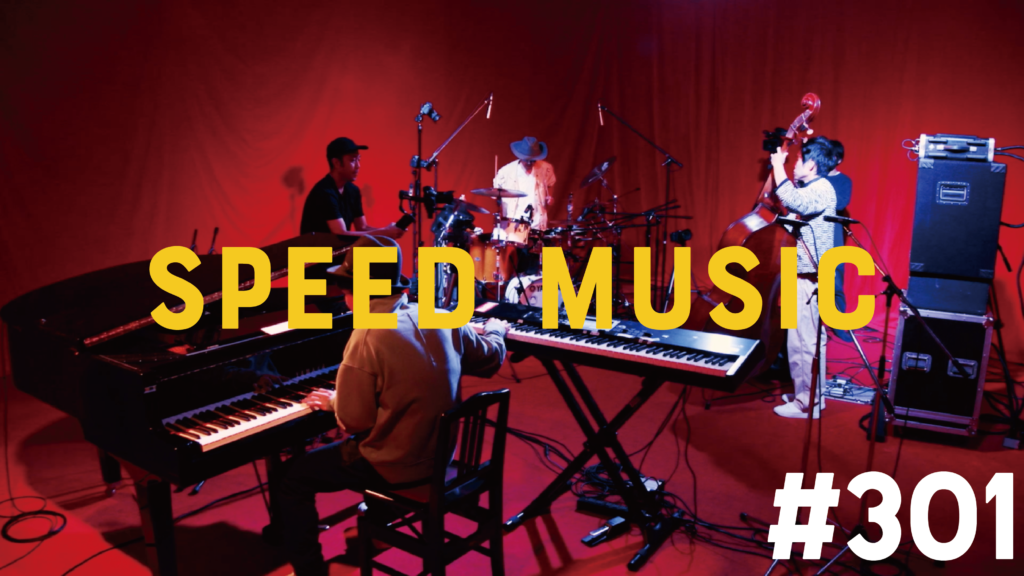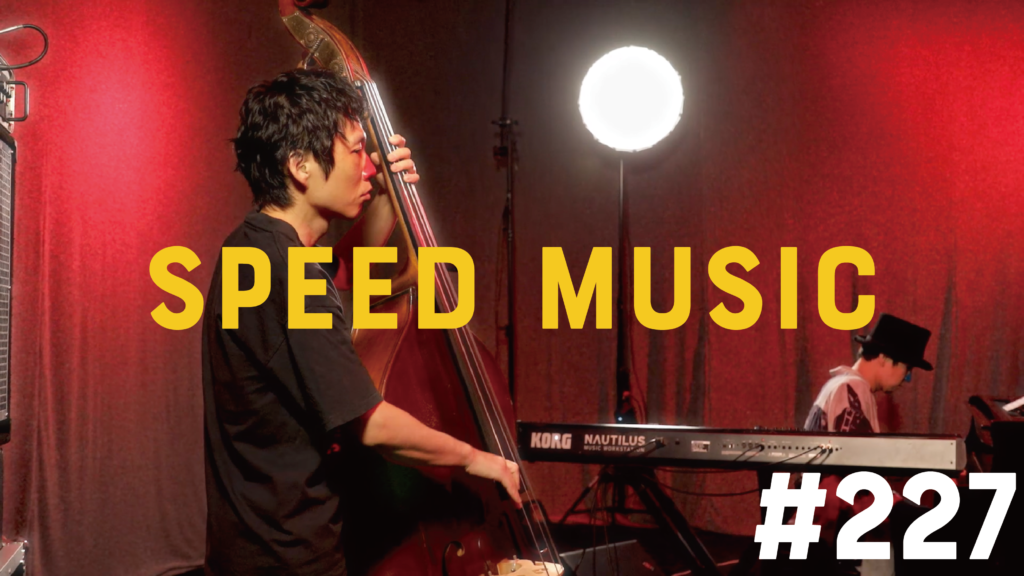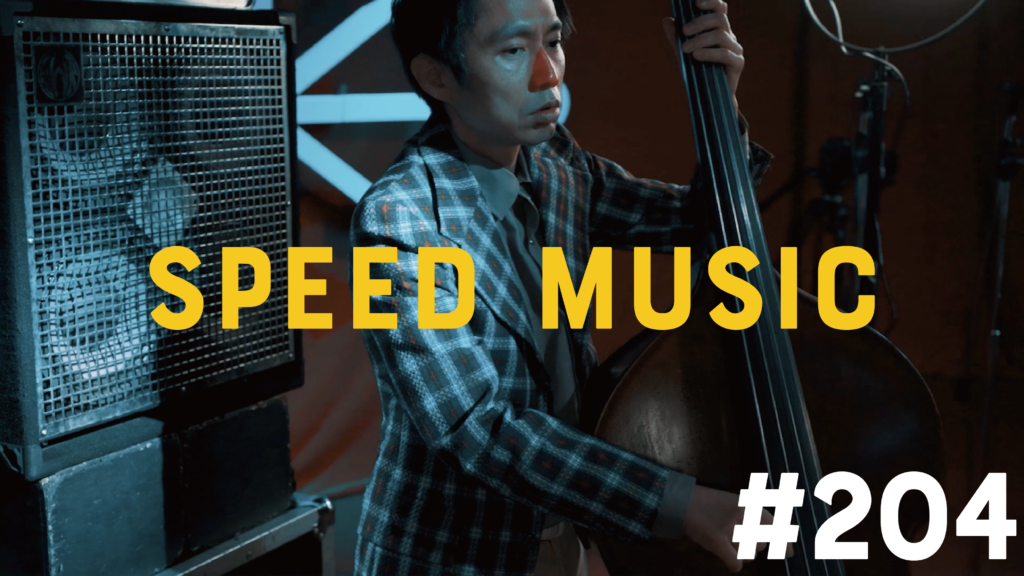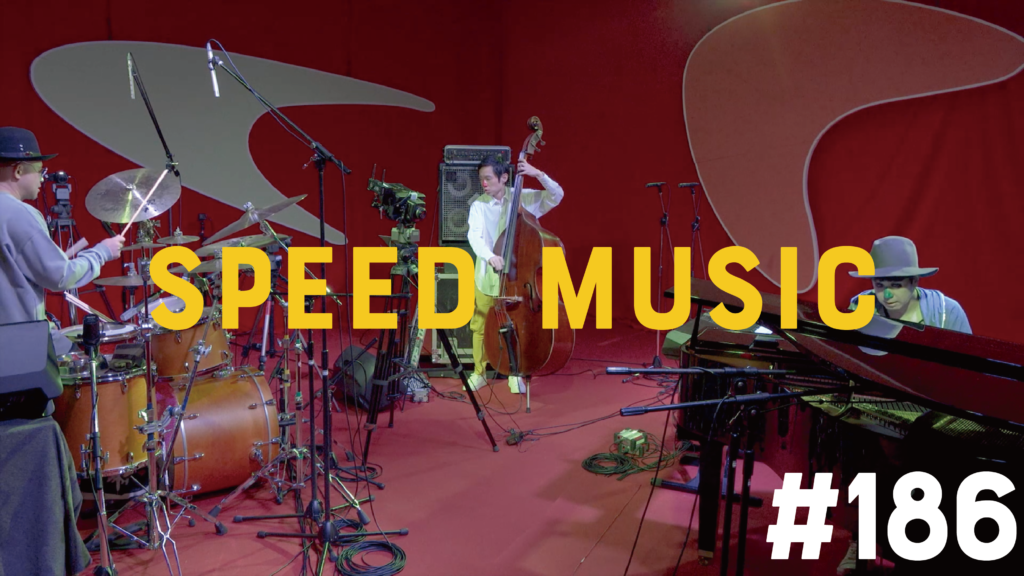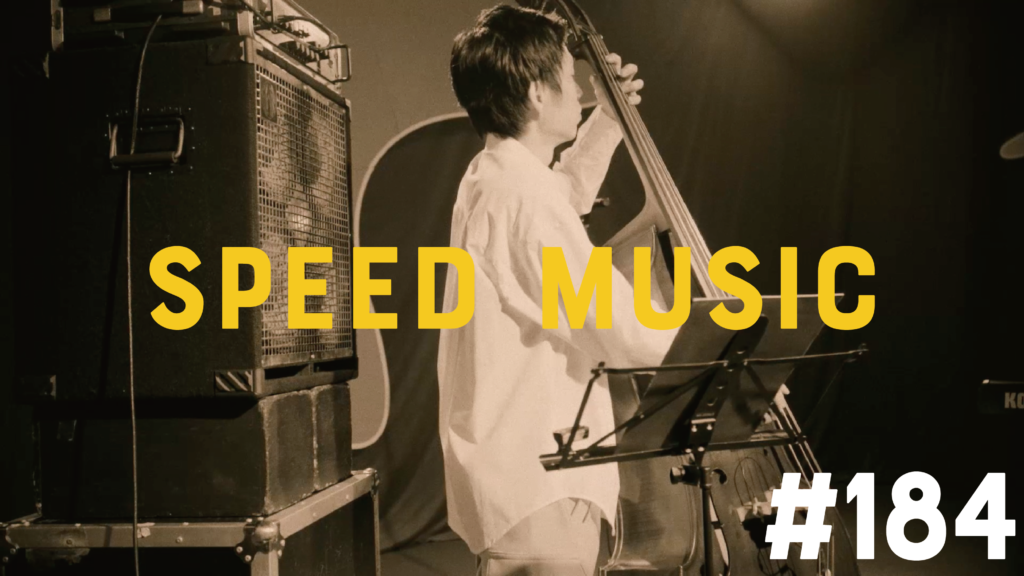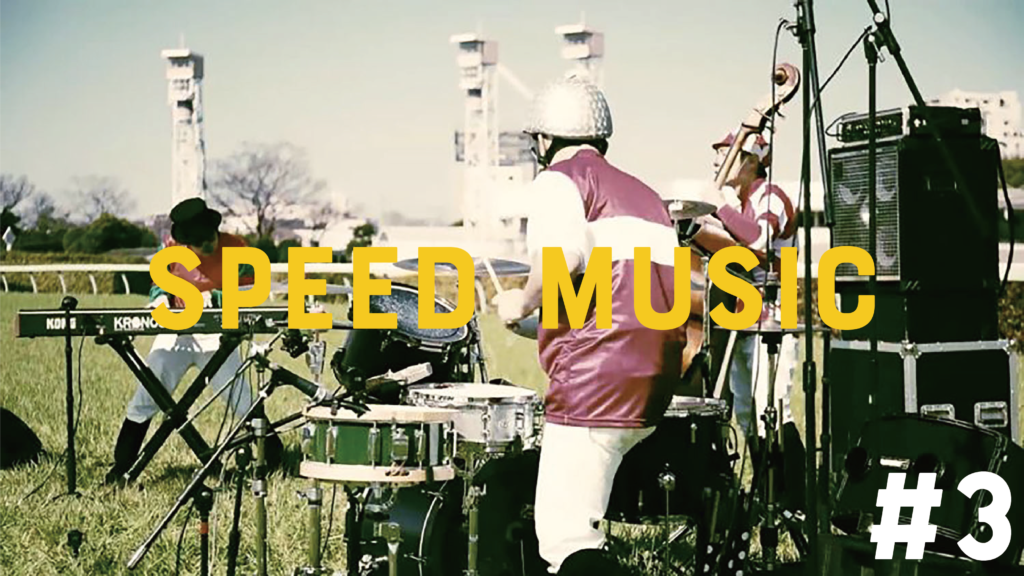#329 My Revolution / 渡辺美里 by H ZETTRIO
1986年1月22日にEPIC・ソニー(現:エピックレコードジャパン)から発売された渡辺美里の4枚目のシングル。タイトルナンバーはTBS系テレビドラマ『セーラー服通り』の主題歌で、1986年(昭和61年)2月27日放送の『ザ・ベストテン』で5位にランクイン。この時が渡辺美里にとってテレビ番組の生放送初出演となる。第28回日本レコード大賞で「金賞」を受賞し、作曲者の小室哲哉が授賞式に出たところへ渡辺美里がお祝いに駆けつけたこともあった。 (フリー百科事典 ウィキペディア日本語版より:https://x.gd/lvN2t)
Misato Watanabe's fourth single released by EPIC/Sony (currently Epic Records Japan) on January 22, 1986. The title number is the theme song for the TBS TV drama ''Sailor Fuku Dori'' and was ranked 5th in ''The Best Ten'' broadcast on February 27, 1986. This will be Misato Watanabe's first appearance on a live TV program. They won the Gold Award at the 28th Japan Record Awards, and when composer Tetsuya Komuro attended the award ceremony, Misato Watanabe even rushed over to congratulate him. (From the Japanese version of Wikipedia, the free encyclopedia: https://x.gd/lvN2t)

